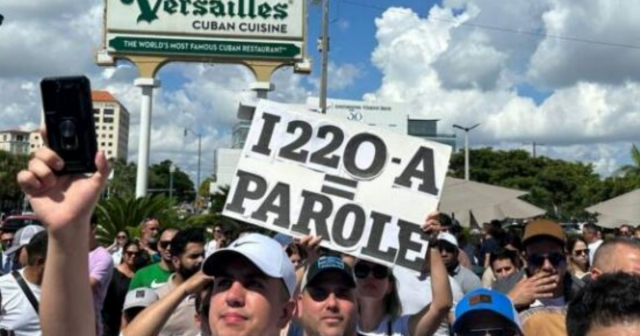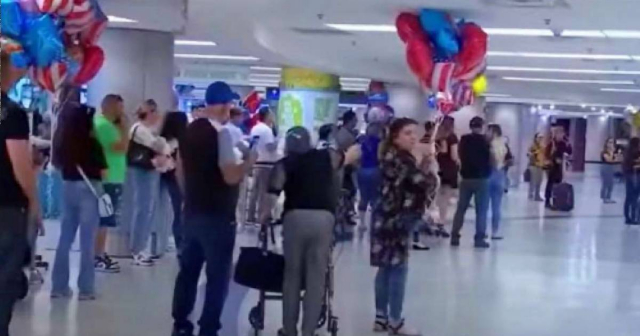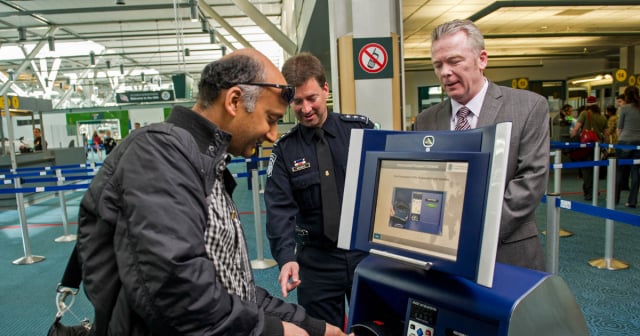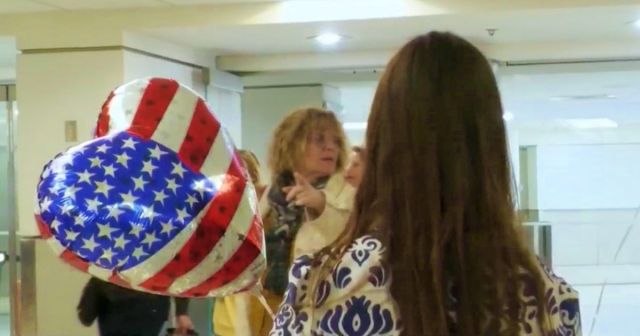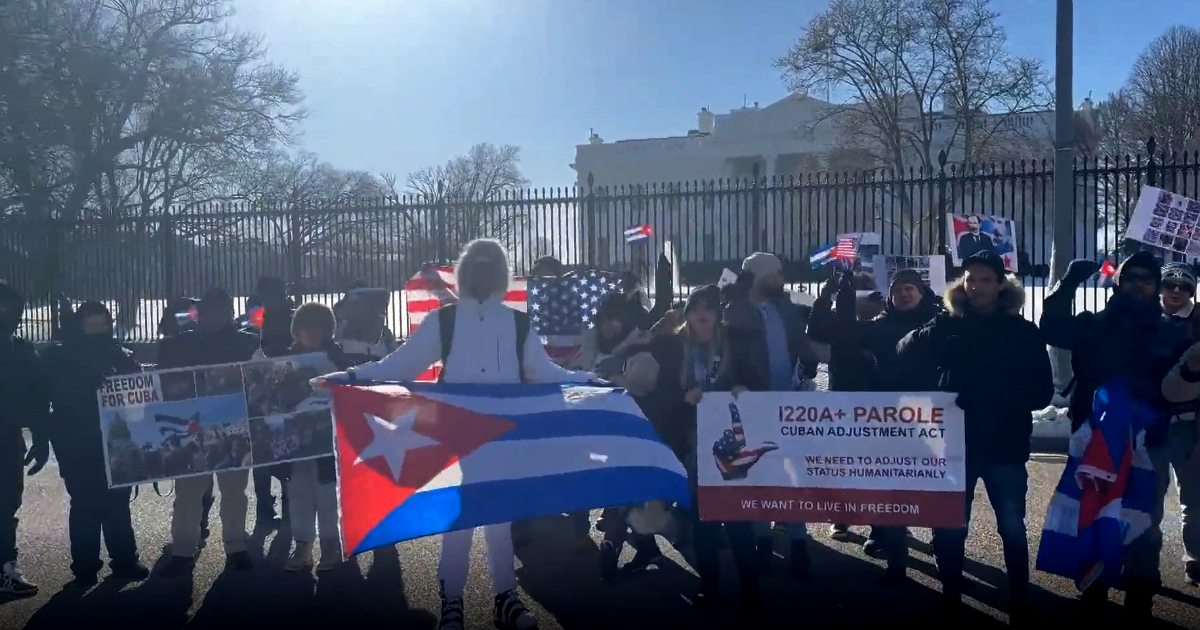
In a bipartisan initiative, US congressmen urged their country's government to grant immigration protection to Cuban migrants who remain with the legal status offered by the I-220A form.
The congresswomanMaria Elvira Salazar (R-FL), together with the representativesMorgan McGarvey (D-KY) yDebbie Wasserman Schultz (D-FL), urged the Secretary of the Department of Homeland Security (DHS),Alexander Mayorkas, to grant the status of"Parole in Place" (PIP) to these Cubans, according toThe New Herald.
“Hundreds of thousands of Cubans are living in the shadows due to a great failure by the executive branch of the Government,” Salazar said. “I join my Democratic colleagues in urging Secretary Mayorkas to correct this mistake and allow Cubans escaping the Castro/Diaz-Canel regime to receive parole so they can apply for Residency and find safety in the Promised Land.”
The request seeks to correct a decision of the Board of Immigration Appeals of theBiden administration, announced in September 2023, whichexcludes Cubans released with an "order of release under recognition" (I-220A) to apply for permanent residence or work permits under the Cuban Adjustment Law.
This ruling could jeopardize the status of hundreds of thousands of Cubans released with said form, increasing the risk of deportation to Cuba, the aforementioned media considered.
Congresswoman Salazar highlighted the urgency of the situation, noting that many Cubans live in the shadows due to failures in the executive branch of government. The proposal would allow Cubans to remain in the United States and seek permanent residence protected by theCuban Adjustment Law.
For her part, the mayor of Miami-Dade County,Danielle Levine Cava, also supports the initiative and has urged Mayorkas togrant retroactive parole for Cubans.
Last December, Levine Cava expressed his concern for those Cubans who, after being released at the border by the DHS, lack parole documents, leaving them in a precarious situation without authorization to remain in the United States.
In a letter addressed to Mayorkas, the mayor highlighted the difficult situation of these Cuban immigrants, who now face the possibility of returning to an oppressive regime in Cuba. Likewise, he requested that parole documents be issued to tens of thousands of Cuban immigrants to provide them with stability and security in their new life in the United States.
This is what you should know about “Parole in Place” (PIP) permission.
The United States may grant “Parole in Place” permission for urgent humanitarian reasons or significant public benefit, explains thewebsite from the Santos Lloyd law firm. This permit was created to benefit undocumented family members of military personnel in the United States.
A very important factor to take into account when determining whether or not the individual meets the requirements for “Parole in Place” is that the individual must be present in the United States without having been admitted to the country.
This means that the individual must have entered the United States illegally. If, for example, the individual was admitted to the United States with a visa but the visa and legal status later expired, and the individual is still in the United States, the individual is not eligible for Parole in Place because he entered legally and was admitted to the United States.
If the person is eligible based on the above requirements, the following documentary evidence must be submitted to theUnited States Citizenship and Immigration Services (USCIS), with the request for “Parole in Place” permit:
Proof of the family relationship, such as: marriage certificate, documentation of the termination of a previous marriage, birth certificate of the son or daughter.
Evidence of any additional favorable discretionary factors that the individual wishes USCIS to consider. The evidence must show USCIS the urgent humanitarian reason for the request or the significant public benefit of granting the Parole in Place permit, and two identical color passport-style photographs of the person requesting the permit.
If USCIS approves the application, the person is protected from deportation and is also eligible for employment authorization. Approval of the “Parole in Place” permit authorizes the person to remain in the US for one year.The person receives an I-94 document as proof of parole, which constitutes proof of legal entry for purposes of other possible immigration relief.
What do you think?
COMMENTFiled in:

